Socrates famously said, “The unexamined life is not worth living.” And yet many people in our world go through their lives without stopping to consider their relationships, their choices, or even their own joys and sufferings. Perhaps that is why so many people are unable to achieve their goals and realize their dreams. Without regular and honest self-assessment, it’s impossible to become better at work or at home.
Examining our life and our business is essential if we want to work smarter, not harder. Take time at the end of every day (2-3 minutes), at the end of every month (10-15 minutes) and at the end of every year (2-3 hours or more) to examine your life. Refer to the Five Facets of life for topics to cover. This can be done personally, with your family, and with your business or team at work.
To help you get started, consider the following questions (found on pg. 1 of your Daily JO journal):
What lessons did I learn?
Think about general lessons you have learned. These can come from everyday experiences, from books, podcasts, or conversations. What were the new ideas that most impacted you? Take stock of them for the future and think about what those ideas and lessons mean for your life and work.
What should I start, stop, change, and continue doing?
Start:
You may have heard the saying that that doing the same thing over and over again and expecting different results is the definition of insanity. But how often do we do this when it comes to our goals? Ask yourself: what is one thing I can do today, and in the next 90 days, to move one step closer to my goal? Maybe your small step is to wake up when your alarm goes off (instead of hitting “snooze” five times in a row). Maybe it is listening to a business podcast each week. The point is that a step doesn’t have to be big to be effective.
Stop:
If you want to achieve a goal of losing 10 pounds this year, but you are drinking soda daily, then stopping that habit is just as essential as starting an exercise regimen. Ask your team and employees what they think you should stop doing in order to be a better superior or coworker. Be sure to give them permission to say what they think with no retaliation. Then, eliminate that task, rule or behavior if at all possible.
Change:
What is going well for you, but needs to be changed, improved, or tweaked to better fit your purpose and values? Maybe your children have grown and a household rule needs to be changed to accommodate that, like the hour of their curfew.
Continue:
These are your successes. It’s important to write these down too. What do you love doing that you want to continue? These are the things that give you energy, results, and push you towards your goals. Take time to appreciate the wins and celebrate them appropriately. Your team and/or family will benefit enormously from a pat on the back and a word of appreciation. Also, gratitude for the past is what motivates us to delay gratification in order to meet future goals.
What was the Highlight?
It’s much easier to focus on the few things that went wrong each day than on the hundreds (if not thousands) of things that went right. Taking the time to consider the highlight of your day is key to maintaining gratitude, especially when going through a rough spot in your personal or professional life. Identifying these highlights regularly also creates a narrative of the year, which is helpful when planning for the future.
What was the Lowlight?
Lowlights don’t have to be a cause for self-recrimination; our lows can be opportunities for learning and growth. Making note of the lowlights gives us the ability to talk about them with a friend, mentor, or our inner circle. We can learn the lessons, heal from our wounds, and move on. Our lowlights can also serve as inroads to empathy with our family members and coworkers who may have struggled with similar setbacks and difficulties.


